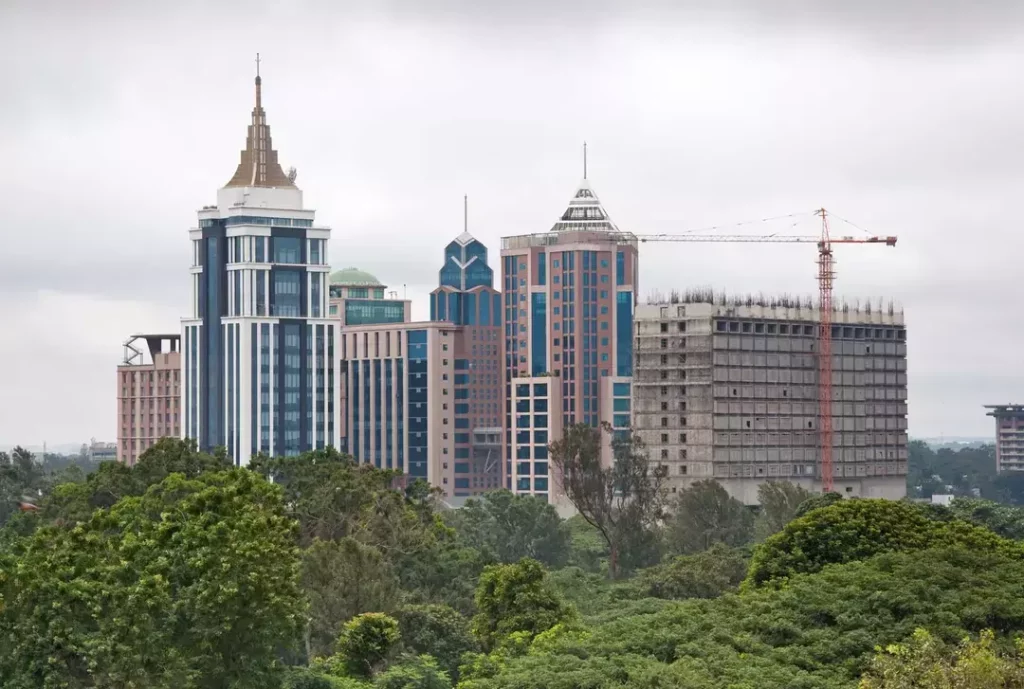
₹1,000 cr quantum tech hub plan unveiled in Karnataka
Karnataka, a state in southwestern India, has announced a groundbreaking plan to create a quantum technology hub, aiming to become Asia’s “Quantum Capital” by 2035. With an investment of ₹1,000 crore (approximately $130 million), the state government has unveiled a comprehensive plan to establish a futuristic city, dubbed Q-City, near Bengaluru, the state’s capital. This ambitious project has the potential to revolutionize the tech industry, creating a hub for quantum research, chip-making, and startup incubation.
What is Q-City?
Q-City is envisioned as a futuristic city, situated near Bengaluru, with a primary focus on quantum technology. The city will be designed to accommodate cutting-edge research facilities, startup incubators, and chip-making units. The Q-City project is expected to create a vibrant ecosystem for quantum technology, attracting talent from across the globe.
Key Components of the Quantum Tech Hub
The ₹1,000 crore plan is anchored around several key components, including:
- Quantum Hardware Park: A state-of-the-art facility dedicated to the development and manufacturing of quantum hardware, including quantum computers, simulators, and other quantum devices.
- 100+ Startup Supports: A comprehensive startup support system, providing funding, mentorship, and incubation facilities to over 100 startups focused on quantum technology.
- 150 PhD Fellowships: The government will offer 150 PhD fellowships to talented students and researchers, enabling them to pursue advanced research in quantum technology.
- Global Partnerships: Karnataka will collaborate with global leaders in quantum technology, including research institutions, universities, and companies, to leverage their expertise and resources.
- Chip-Making Facilities: The state will establish chip-making facilities to produce quantum-enabled chips, which will be used in various applications, including quantum computing, communication, and cryptography.
Goals and Objectives
The Karnataka government has set ambitious goals for the Q-City project, aiming to:
- Create 2 lakh jobs in the quantum technology sector by 2035.
- Establish Karnataka as a leading hub for quantum technology in Asia.
- Develop a strong ecosystem for quantum research, innovation, and entrepreneurship.
- Attract global talent and investments in the quantum technology sector.
- Position Karnataka as a key player in India’s tech future.
Impact on the Tech Industry
The Q-City project has the potential to revolutionize the tech industry in several ways:
- Job Creation: The project is expected to create a significant number of jobs in the quantum technology sector, catering to the growing demand for skilled professionals.
- Innovation Ecosystem: Q-City will establish a vibrant ecosystem for quantum technology, attracting startups, research institutions, and companies to collaborate and innovate.
- Global Competitiveness: Karnataka’s Quantum City will position the state as a global competitor in the quantum technology sector, attracting international talent and investments.
- Economic Growth: The project is expected to contribute significantly to Karnataka’s economic growth, generating revenue and stimulating local economies.
Conclusion
Karnataka’s ₹1,000 crore plan to create a quantum technology hub is a significant step forward in the state’s efforts to become Asia’s “Quantum Capital” by 2035. With its futuristic Q-City, the state aims to create a hub for quantum research, chip-making, and startup incubation, attracting global talent and investments. The project has the potential to revolutionize the tech industry, creating jobs, driving innovation, and positioning Karnataka as a key player in India’s tech future.
Source:
https://ascendants.in/business-stories/karnataka-quantum-city-investment-2025/






